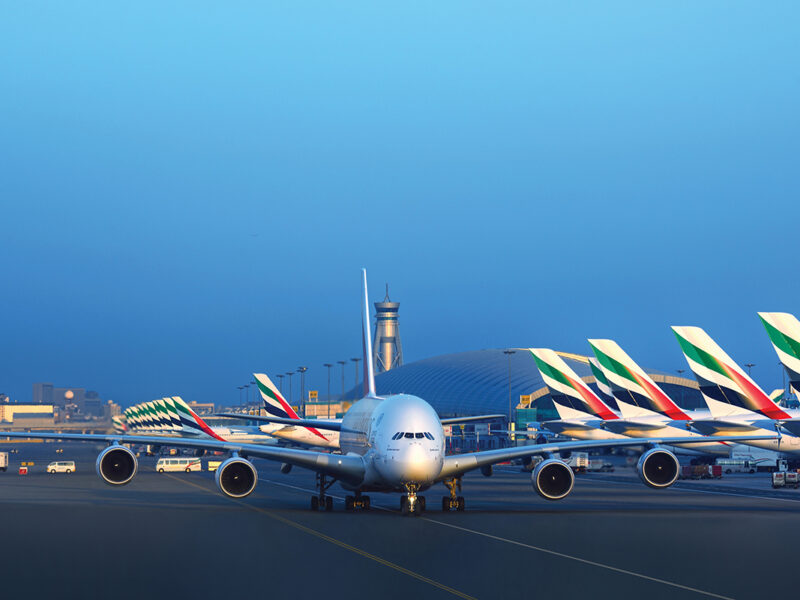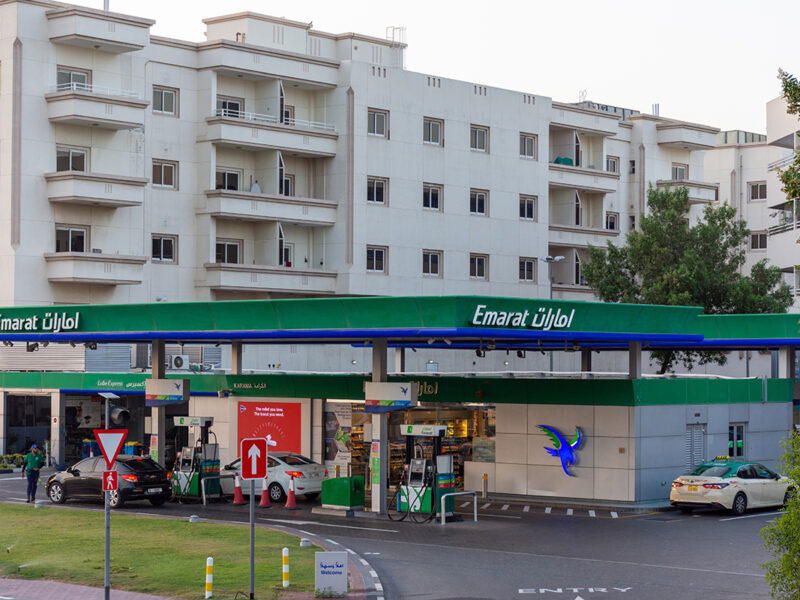Although coronavirus has had a generally negative impact on the travel industry, it has also led to travel start-ups identifying several opportunities for growth.
At Arabian Travel Market, panelists agreed that 2021 will be a year of opportunity for travel start-ups.
When the pandemic first struck in early 2020, entrepreneurs in the travel industry had to quickly think on their feet and explore different opportunities – or risk losing their businesses.
“We launched in 2017 and were growing fast when Covid hit. I think everybody was in the same position where you start to feel almost like you’re back to being a start-up and have to figure things out from scratch,” said Anna Skigin, Founder and CEO, Frank Porter, Airbnb Management company launched in Dubai.
“It was a really educational year, and I think anybody that survived last year deserves applause,” she continued, speaking at the panel taking place on Tuesday, the third day of Arabian Travel Market 2021 in Dubai.
 Anna Skigin, Founder and CEO, Frank Porter
Anna Skigin, Founder and CEO, Frank Porter
For travel booking platform Wego Middle East, the pandemic led it to identify opportunities to diversify its business model through adding relevant products tailored to the people staying at home. This led to partnerships with food and grocery ordering platforms which eventually led to the introduction of “a completely new start-up within the start-up called shop cash, a cash rewards product” explained Mamoun Hmedan, managing director, MENA and India, Wego.
“Without the pandemic, we would never ever think of something like that. As they say, never let a good crisis go to waste,” said Hmedan.
 Mamoun Hmedan, managing director, MENA and India, Wego
Mamoun Hmedan, managing director, MENA and India, Wego
When Dubai’s border closed last year – part of the measures to control the spread of coronavirus- Skigin recalled she thought Frank Porter would have zero bookings and would have to shut down, but reality was otherwise.
“Surprisingly what happened was our occupancy fell from about 80 percent to 50 percent. This was because so many people got stuck in Dubai and there was this transitional period of people needing an apartment for a few months,” said Skigin.
“They didn’t want to be in a hotel room as they wanted a space where they could work from home, cook or do their laundry. So we realised how essential our business has become during the pandemic and it’s made us more aware of the needs in the property market too,” she continued.
The pandemic taught travel start-ups to be really quick in adapting to circumstances which were changing as quickly, explained Kevin Czok, co-founder of Hotel Data CloudOne, a B2B content distribution platform for hotels that applies artificial intelligence and machine learning to generate personalised content and smart recommendations.
“Within two or three weeks, the world went into global lockdown, travel subsided and we had to look at what’s coming next,” said Czok.
“We saw that trust in the safety measures that hotels were undertaking, in social distancing and proper cleaning protocols was becoming more and more important. That was something we could help hotels with in terms of spreading the message to all the different channels that they work with to make sure that consumers are doing everything they can to increase trust. And that quick reaction was crucial for our survival,” he explained.
Moving forward, the panelists saw future opportunities for travel start-ups in the Middle East and specifically in Saudi Arabia, which they agreed is rapidly transforming its tourism and religious tourism industry.









